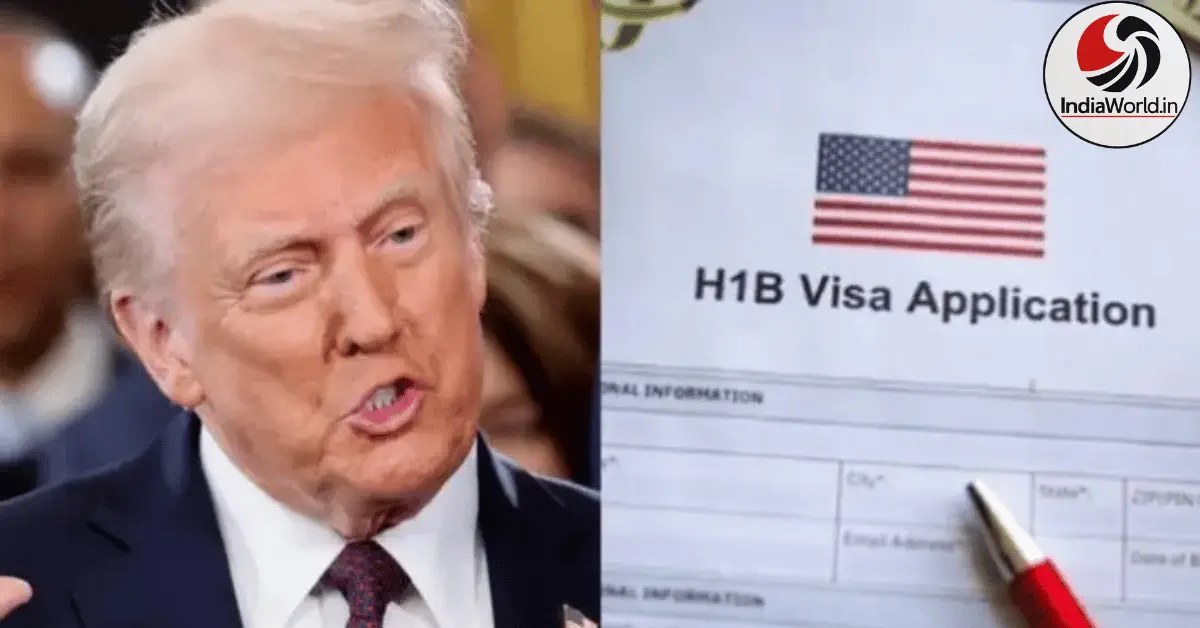In today’s non-stop news cycle, one of the most powerful tools journalists have is history. Whether we’re unpacking today’s political turmoil, public health challenges, or social unrest, talking to historians, authors, and cultural experts gives us a critical lens: the past often has something to say about the present. From the chaotic 1960s to the Spanish Flu to Nixon-era scandals—context matters. And this weekend, as the 151st Kentucky Derby kicks off at Churchill Downs, history is trotting right alongside the horses.
Nicknamed the “Run for the Roses,” the Kentucky Derby isn’t just a horse race. It’s a cultural spectacle, a fashion show, a gambling frenzy, and, yes, a reflection of American identity—complete with all its contradictions. Tens of thousands of people, many from out of state, will show up in custom hats and seersucker suits, sipping mint juleps from silver cups while placing bets on favorites like Journalism or long shots like Sandman through their favorite sports betting apps.
It’s high society meets high drama. It’s tradition wrapped in champagne-soaked pageantry.
But there’s another layer to the Derby. One that smells a little less like roses and a little more like bourbon and politics.
For generations, the Kentucky Derby has symbolized Southern wealth, elite conservatism, and old-money Americana. That’s why it made perfect sense when Donald Trump hosted a $75,000-per-plate “MAGA, Again!” fundraiser at the 2022 Derby. The optics couldn’t have been better for his brand—traditional, exclusive, performative, and deeply rooted in his base’s cultural memory.
That kind of cultural-political crossover isn’t new. Back in 1970, the Derby found itself immortalized in a now-legendary piece of gonzo journalism by Hunter S. Thompson. Titled “The Kentucky Derby Is Decadent and Depraved”, the piece wasn’t really about horses—it was about America’s moral decay under Nixon. And somehow, over 50 years later, Thompson’s words still ring painfully true.
Thompson, a Louisville native and icon of counterculture journalism, painted a vivid picture of a crowd drunk on power, bourbon, and delusion. “The story,” he wrote, “is mainly in the vicious-drunk Southern bourbon horse-s— mentality that surrounds the Derby than in the Derby itself.” Sound familiar?
Fast forward to today, and many feel the same cultural decay is back—only now, it’s turbocharged by Trump-era politics. In March, Trump signed an executive order targeting the Smithsonian, vowing to “restore American identity” by challenging historical narratives that acknowledge racism or systemic oppression. The message: Let’s rewrite America’s story to fit a more flattering (and sanitized) version of the past.
In classrooms across red states, debunked 2020 election conspiracy theories are gaining traction, while hard truths about slavery, civil rights, and American inequality are being pushed out. It’s a culture war, fought in textbooks, TV specials, and even on the grandstands of Churchill Downs.
But here’s the kicker: The Kentucky Derby doesn’t need a rewrite. Not by Trump. Not by anyone. It’s already the perfect metaphor.
It’s expensive (general admission starts at $366; VIP Derby box seats cost over $1,700). It’s exclusive. It’s loud, lavish, and sometimes, let’s be honest—kind of absurd. But it’s also beloved, iconic, and deeply American. A place where the champagne flows and the contradictions do too.
As Hunter S. Thompson put it, “Every half-mad dingbat who ever had any pretensions to anything within 500 miles of Louisville will show up there to get strutting drunk and slap a lot of backs and generally make himself obvious.” That hasn’t changed much in 2025.
So whether you’re tuning in to watch the Kentucky Derby live, placing bets online, or just scrolling through social media to catch the outrageous Derby fashion trends, remember: the horses are only half the story.
The real race is happening all around them—in politics, in culture, and in how we choose to define America today.
Read this also : Marco Rubio Rises in Trump’s Inner Circle
Read this also : Top 15 Amazing Health Benefits of Tulasi (Holy Basil)





